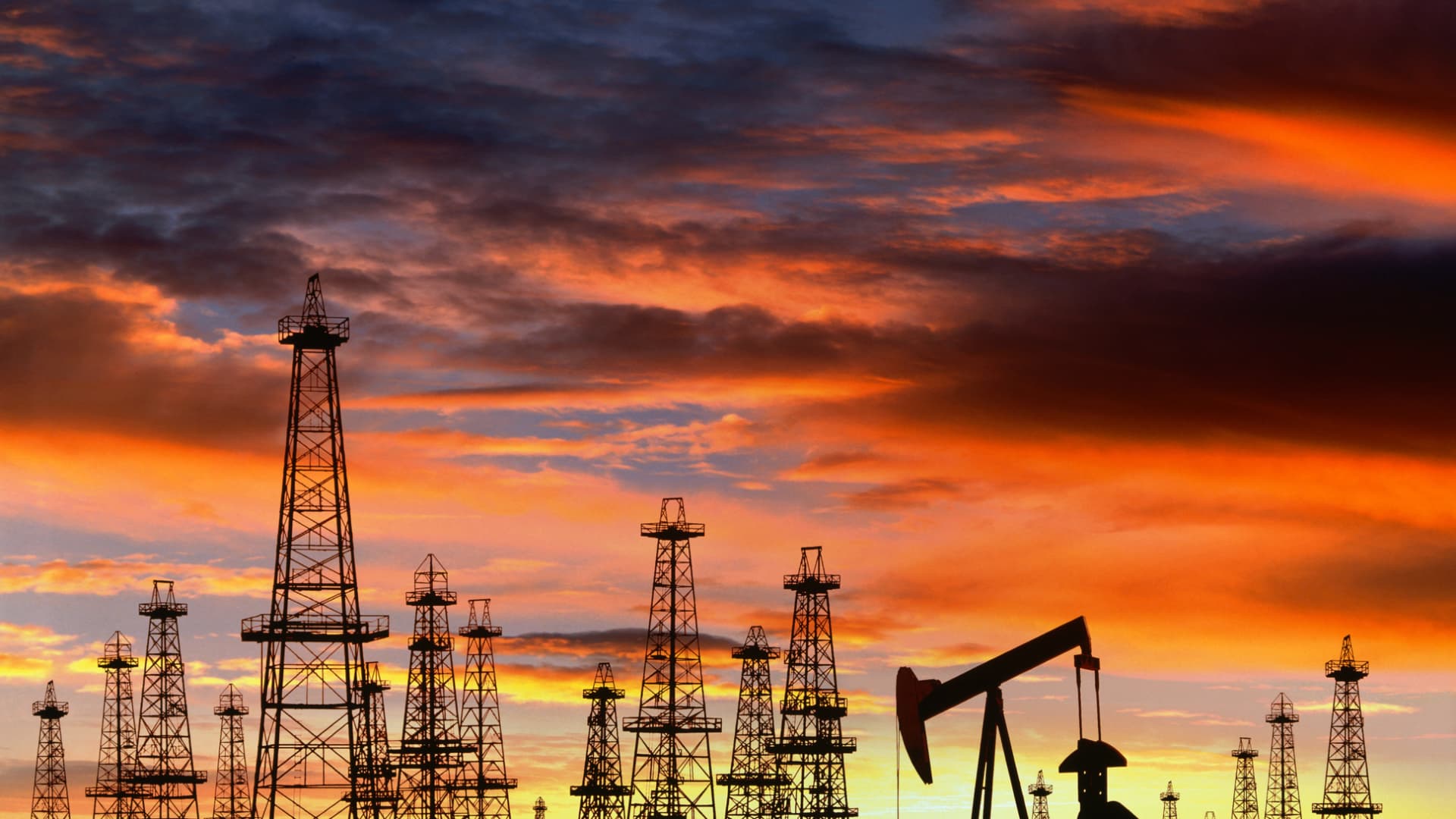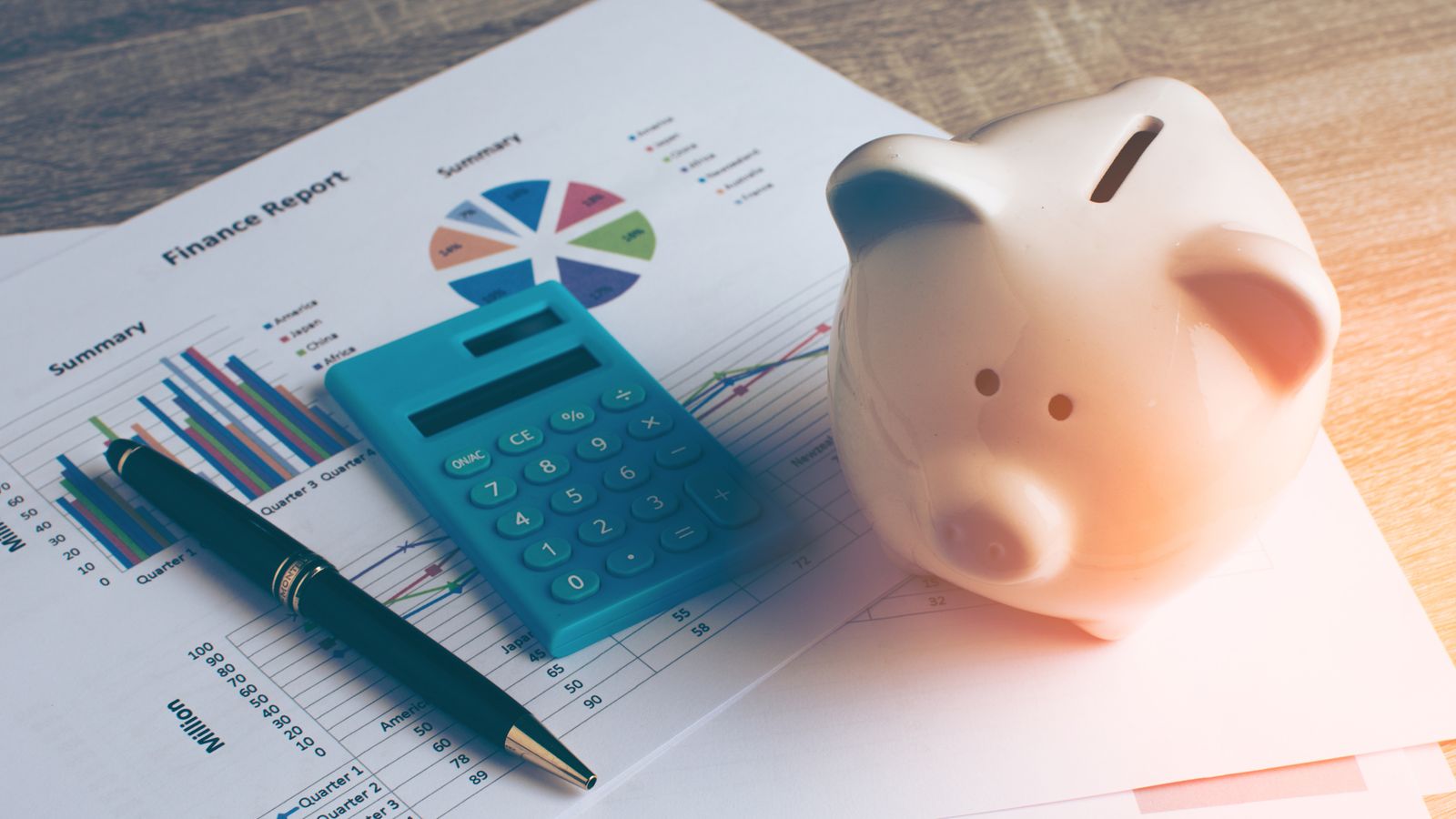Travel is picking up in the United States and Europe, but the rebound in global oil demand hinges on Covid-19 response in Asian markets, according to Energy Aspects analyst Amrita Sen.
New Covid restrictions are going in place in Southeast Asia, and it could delay a full return in demand for crude until the middle of 2022, she said in an appearance on CNBC’s “Closing Bell.”
“Chinese demand is booming, but as we know India is struggling. A lot of other Asian countries are going back into lockdowns of some form,” Sen said Tuesday.
While India continues to grapple with a crippling second wave of Covid-19, new daily case counts have surged elsewhere in the region. In the past month, total cases in Thailand, Vietnam, Cambodia and other countries have more than doubled, according to data from Worldometer.
In response to rising infections, new restrictions, including business closures, have gone into effect in some countries like Malaysia, Thailand and Vietnam. The latter country was an outlier in mitigating the disease’s spread in the early days of the health crisis.
“The reality is that Asia is also quite obsessed with zero case count, rather than learning how to live with Covid, which the West is doing, like another flu effectively,” Sen said.
When it comes to the U.S., work commutes have yet to return to normal, but pent-up demand and discretionary travel, such as over the Memorial Day weekend, are driving gasoline demand, Sen said.
But all eyes remain on the Asian markets where some countries face vaccination challenges.
Malaysia, for example, has administered at least one dose of a vaccine to about 6% of its residents, according to an Our World in Data tracker. Meanwhile, about 40% of Americans have been fully vaccinated.
“Vaccination rates are low there, so we need Asia to get vaccinated,” Sen said. “That’s when globally demand can get back to 2019 levels.”


